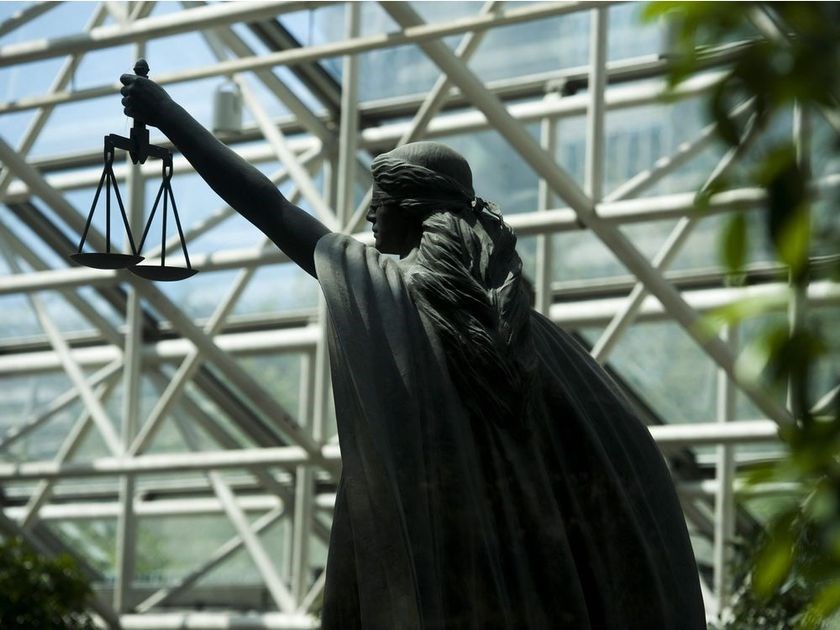A lawyer for the B.C. government argued in court Monday that there is nothing “nefarious” about a 20-per-cent foreign-buyer tax aimed at cooling the red-hot residential real estate market in the province.
Karen Horsman made the comment in B.C. Supreme Court in Vancouver as part of the government’s bid to dismiss a lawsuit filed by a Chinese woman who purchased a property in Langley and claims the tax imposed on her was unlawful and discriminated against her.
The government lawyer told B.C. Supreme Court Justice Gregory Bowden that the debate over the real estate market in B.C. has become “fraught” because of the empirical reality that a majority of foreign buyers are from China.
She said that the new tax, which was initially 15 per cent when it was imposed in August 2016 by the B.C. Liberal government and rose to 20 per cent in February under the NDP government, was not related to “historical patterns” of discrimination in the province and claimed that Jing Li, the plaintiff, was seeking to exploit sensitivities over those issues.
“That is a smokescreen and is not a theory supported by the evidence,” Horsman told the judge.
Li, a Chinese national who moved to Canada in 2013, completed the purchase of a $587,895 home in November 2016 and had to pay $83,850 in foreign-buyer taxes, according to her suit. She is seeking to have her case certified as a class-action lawsuit.
Horsman told the judge that the case involves a series of “very straightforward” points and should not be controversial. She pointed to the fact that by July 25, 2016, when the government introduced the tax in the legislature, there was an affordability crisis in Greater Vancouver.
In the previous 12 months the average price of a single-family home in Vancouver rose almost 40 per cent, with local residents in effect being “priced out of the market,” said Horsman, adding that young families couldn’t afford to buy homes in their own communities.
Horseman said that foreign purchases in the five-week period preceding the introduction of the tax amounted to close to $1 billion, reflecting the “uncontradicted” evidence that foreign demand was driving the price increases.
She said the problems in the Vancouver area were shared by many other communities across the world — including Sydney, Melbourne, Singapore, Hong Kong and London — and involved the trend of globalization seeing residential real estate as an investment.
By 2016, Vancouver had become one of the most-unaffordable real estate markets in the world, said Horsman.
The plaintiff is alleging that the tax has exacerbated disadvantages felt by people of Asian origin, but Horsman said that the plaintiff had not attempted any “representative” survey to back up the claims.
She argued that the tax is supported in general not just by Vancouver-area residents, but is also backed by high levels of support from people of Asian origin who stand to benefit from measures making housing more affordable.
Horsman cited several poll results indicating that housing affordability is an important issue for the populace regardless of race, and that the vast majority of residents are in favour of the tax measure.
The government lawyer noted that when the issue first surfaced there was a lack of data estimating the level of foreign demand for B.C. real estate. But once the province began collecting data, it became clear that previous estimates by the B.C. Real Estate Association that foreign transferees accounted for less than five per cent of transactions were incorrect for many areas of Greater Vancouver, she said.
Government lawyers are expected to continue their submission Tuesday. Lawyers for Li, who was not in court Monday, are expected to begin their arguments Thursday and go for several days.



